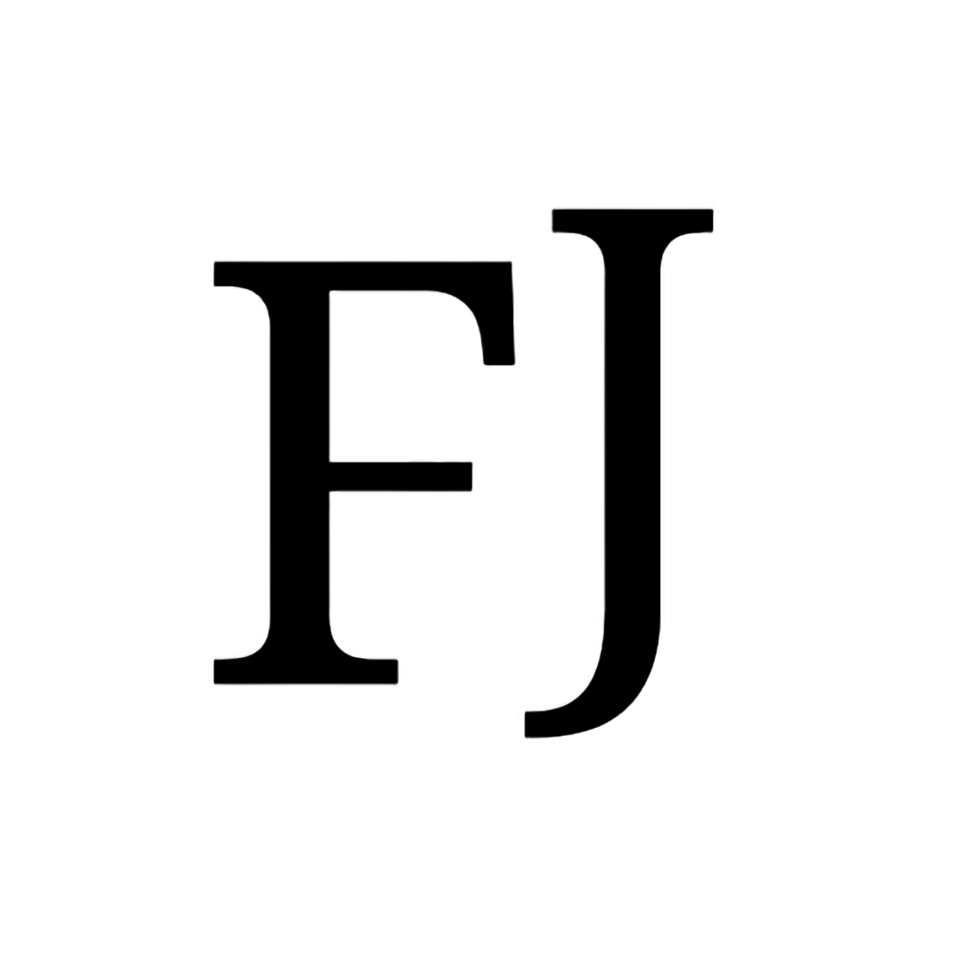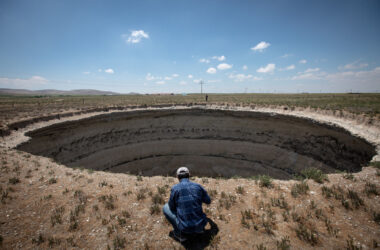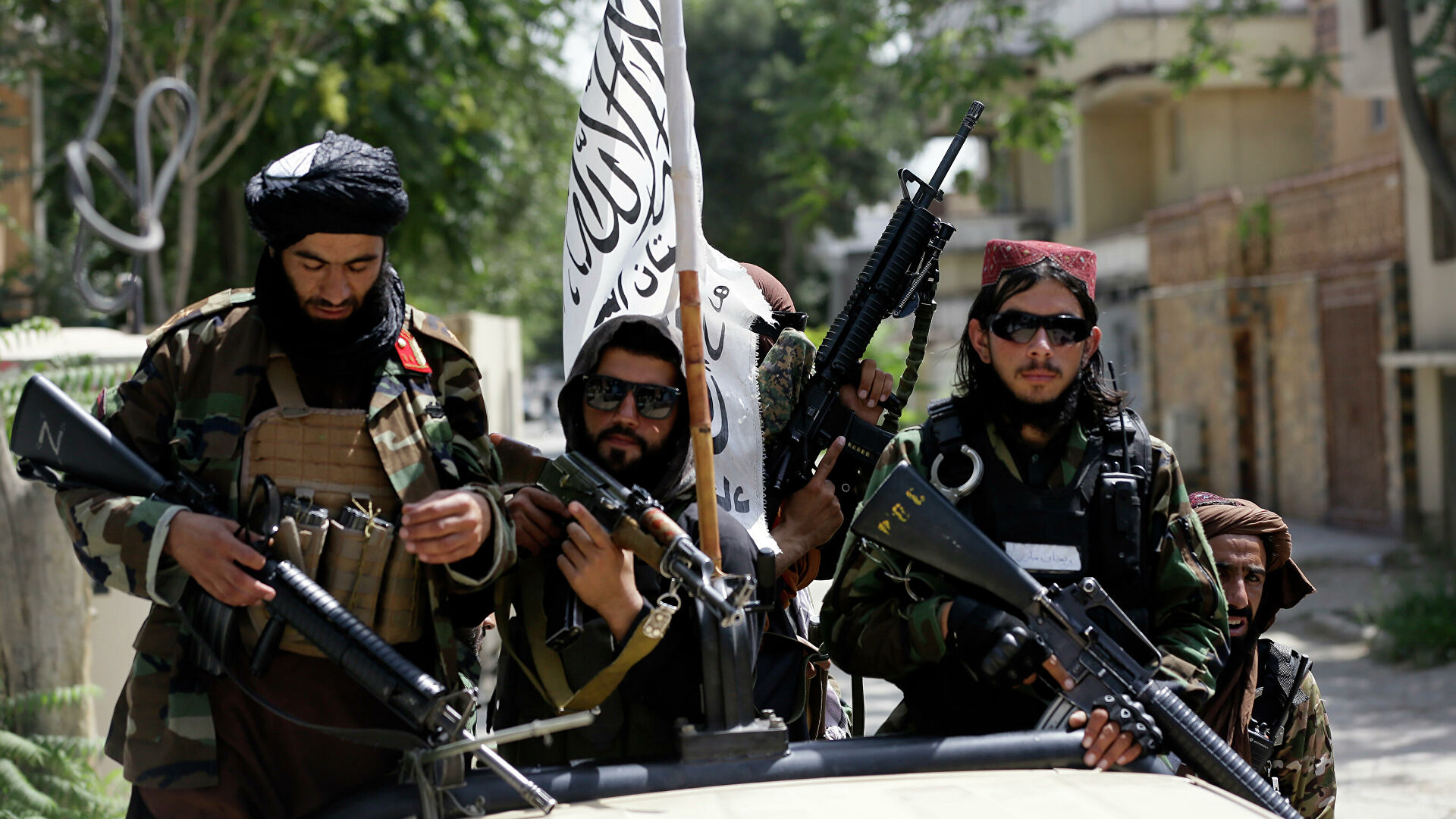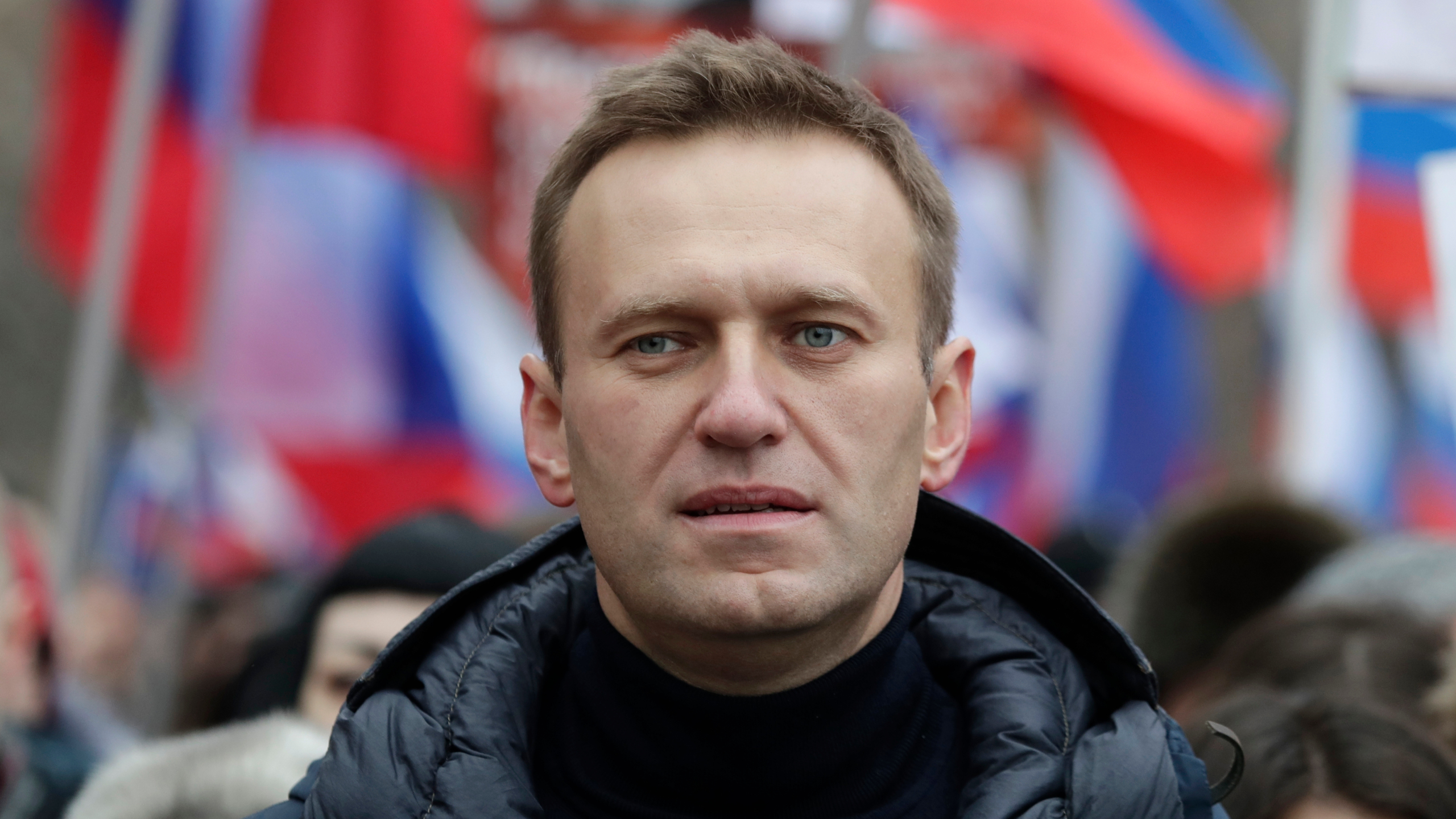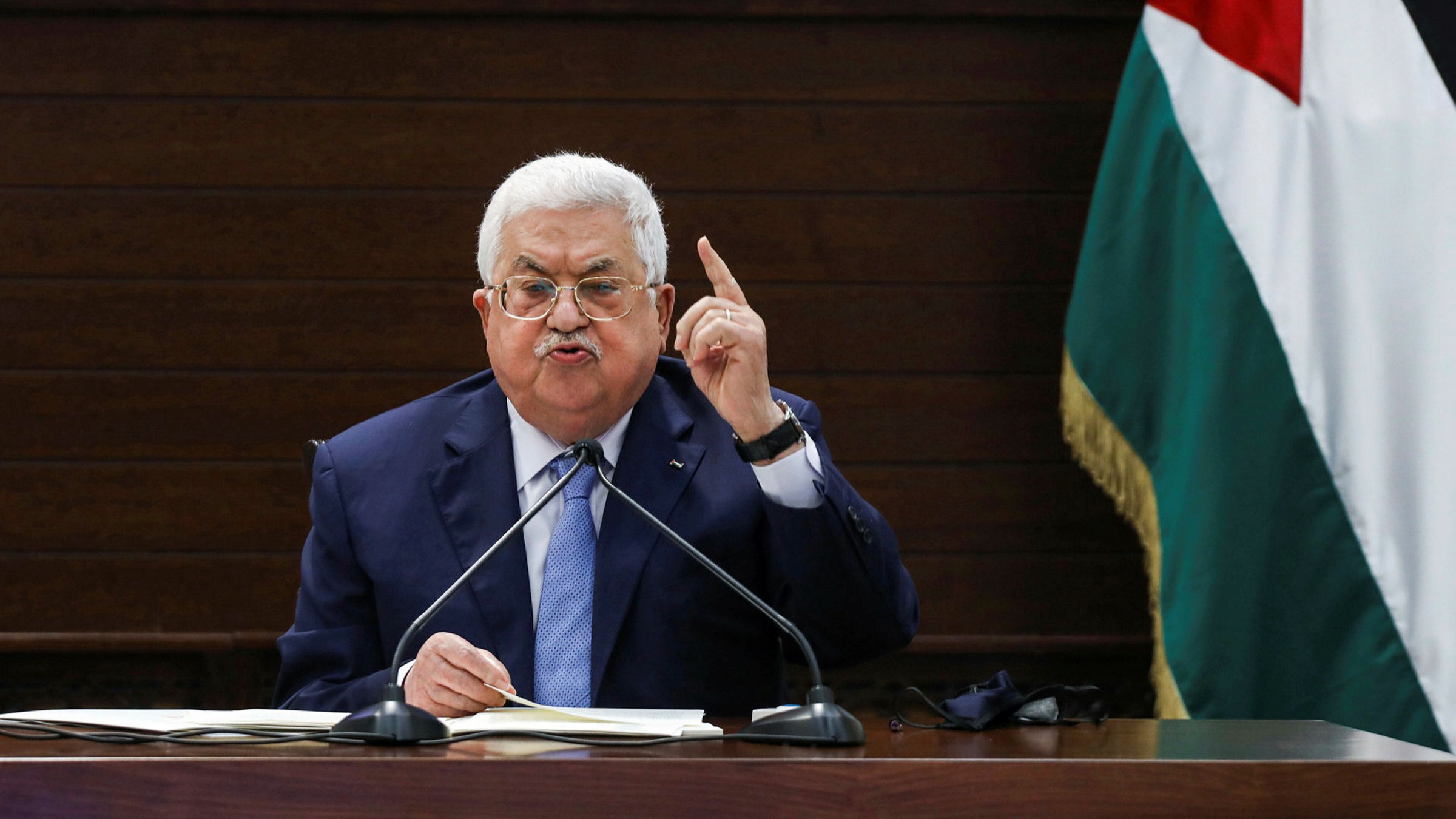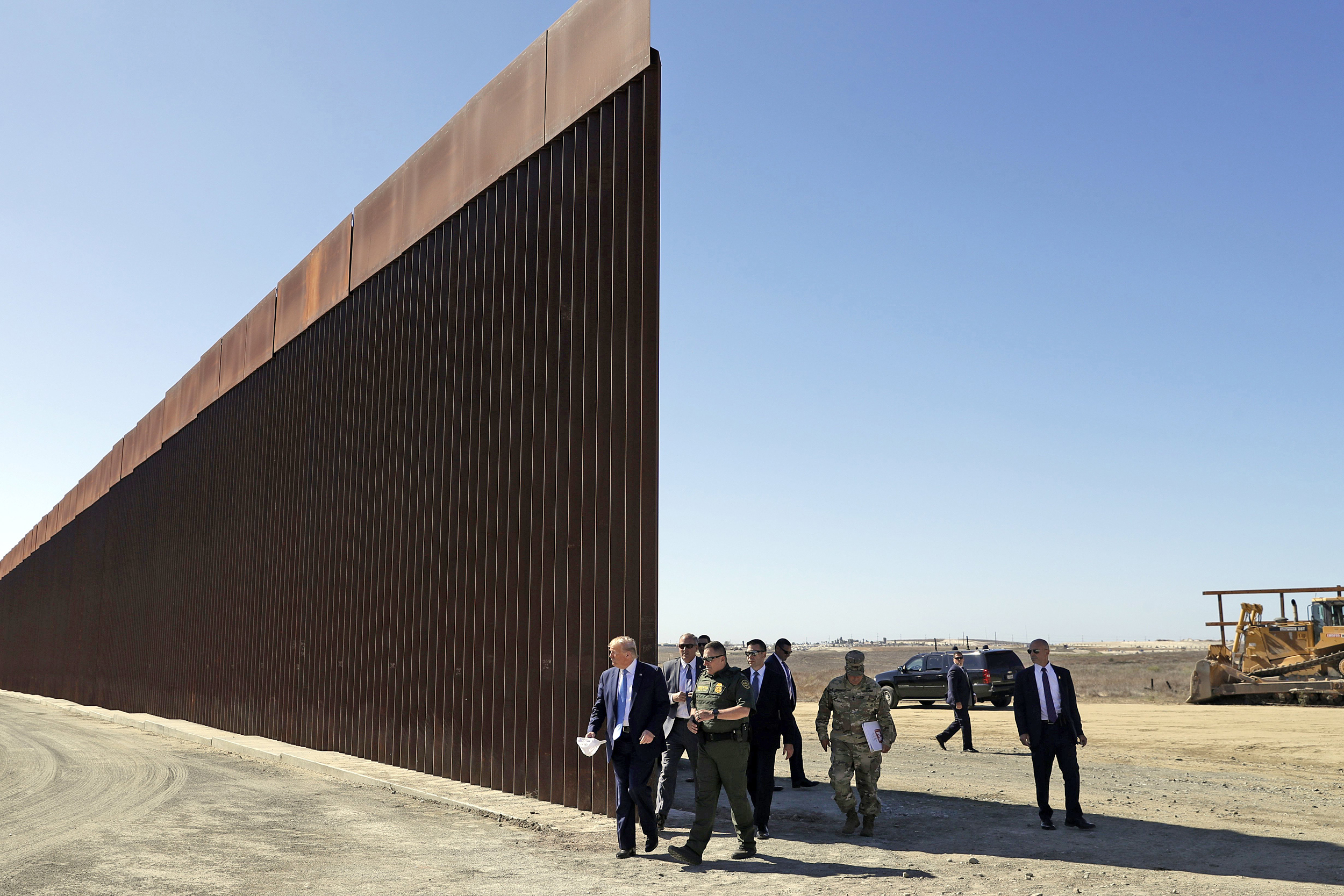Alexei Navalny is a Russian lawyer, activist, and politician. As one of Russian President Vladimir Putin’s most enthusiastic critics, Navalny has made a name for himself in Russian and international media. Navalny, who has been criticizing Kremlin since 2008 through social media and blog posts, also got involved in politics during this period (BBC News Türkçe, 2020). Although no obstacle could be considered autocratic by Russian politics regarding Navalny’s opposition and strong criticism, he was detained for a while due to the protests he organized in 2011 and was sentenced to five years in prison due to fraud accusations he faced in 2013. Evacuated in 2015, Navalny lost 27% of the votes as a candidate in the Moscow Mayorship elections (BBC News Türkçe, 2020). Navalny, who was detained more than once for organizing an unauthorized demonstration in 2017, continued his nationalist attitude during this process and did not give up his opposition to the ruling party, United Russia (BBC News Türkçe, 2020).
The poisoning and Navalny’s facing death in August 2020 turned the international media and policymakers’ gaze towards the Putin government. Navalny, who went to Berlin for treatment after being poisoned, was taken into custody directly on Sunday, January 17, returning to Russia. The court called Navalny to the hearing because he violated the probation period. The accusations Navalny had faced in the past were structured around corruption, and he was sentenced to 3.5 years in prison on charges of “embezzlement” (BBC News Türkçe, 2020).
In the period after Navalny was arrested in January, one of Russia’s biggest problem was society’s turmoil. Approximately 11 thousand people were detained in the protests organized during this period, and there was no space left in prisons in Moscow (Euronews, 2021a). During this period, diplomats from the European Union (EU) member states were expelled and declared persona non grata because they supported Navalny; hence, relations between Brussels and Russia were further strained (Koyuncu, 2021a). During this period, Russia, which has been subjected to harsh warnings from the European Court of Human Rights (ECHR) and further sanctions by the EU member states, has defended itself through Foreign Minister Sergey Lavrov are not related to poisoning. However, Russia has been continuing to face warnings and sanctions for about five months.
Western states that started with the argument of human rights violations and Russia, which warned them not to interfere in their internal affairs, first came across in mid-February through the petition of the ECHR, which stated that Navalny’s life was in danger and that he should be released immediately with an “interim measure” (Koyuncu, 2021b). In this process, Putin claimed that his country’s unfavourable economic conditions were criticized by Western states, using Navalny as an excuse. The statements made regarding the ECHR verdict were made by Kremlin Spokesperson Dmitriy Peskov, who described the ECHR verdict as “unlawful”. They interpreted it as an attempt to directly intervene in Russia’s internal affairs and trials (Sputnik Türkiye, 2021a).
The announcement of the EU Foreign Policy Officer Joseph Borrell’s decision to impose sanctions on several senior Russian officials regarding the detention of Navalny is based on the justification that there were human rights violations during the arrest of Navalny and his supporters, and these sanctions are expected to come into force in March (Norman, 2021). Western diplomats have stated that these people will target those who are in charge of politics, judiciary and security in Russia and Putin’s friends in the business world (Norman, 2021) On the other hand, Russian Foreign Minister Lavrov stated that they are ready to cut relations with the EU, and the latest sanctions of the EU put the country’s economy at risk (Koyuncu, 2021a).
Borrell, who made a press release after the meeting of EU Foreign Ministers held on February 22, said that the sanctions list would target “those responsible for the arrest, verdict and persecution of Navalny”, while two EU diplomats stated that they expect the EU to impose sanctions on nearly half a dozen people (Norman, 2021) According to the Russian news agency Interfax, Leonid Slutsky, head of the Russian State Duma International Relations Committee, told reporters on February 22 that “another sanction attack will not remain unanswered by the Russian front” and “EU sanctions in connection with Navalny’s case are it will be another step towards the deterioration of relations” (Norman, 2021)
The United States of America (USA), on the other hand, showed its reaction to Russia by taking seven officials and 14 institutions into the sanction list (Euronews, 2021b). The most crucial factor here was the poisoning of Navalny using a chemical substance. In the mentioned list, officials and organizations in Russia, which were found to play a role in the “poisoning” of Navalny, were included. An official from the Ministry of Foreign Affairs reminded that the EU and Britain also imposed sanctions on 6 Russian officials and one Russian organization. It was stated that the US sanctions would include additional sanctions for Russia’s use of chemical weapons, in addition to the poisoning and arrest of Navalny (Euronews, 2021b).
The statement made by the Kremlin spokesperson Peskov on March 3 did not bear any trace of the previous threatening resonance. However, Peskov stated that these sanctions were inadmissible and noted that these restrictions significantly damaged Russia’s already weak relations (Euronews, 2021c). Underlining that these sanctions are interference in Russia’s internal affairs, Peskov also stated in his statement that they would answer the sanctions as a matter of reciprocity (Euronews, 2021c). The critical point here is that Peskov underlined that they do not want to sever their relations with the USA and the EU due to sanctions rather than breaking ties altogether.
Regarding the Navalny case, the Chinese Ministry of Foreign Affairs followed a path in Russia’s fancy. The Ministry Spokesperson Wang Wenbin described the Navalny case as an internal issue of Russia and an incident where foreign powers had no right to speak or intervene (Sputnik Türkiye, 2021b). While drawing attention to the international cooperation process, Wang stated that unilateral sanctions should not be applied in this process and expressed that they hope that Russia and other countries will strengthen mutual understanding and resolve the conflicts through negotiations and peaceful means during this period (Sputnik Türkiye, 2021b).
Navalny and its Kremlin critic and opposition leader position in Russia brought more echoes in the international press, especially with the poisoning case. However, we took their past back to the 2010s. It has caused the Western states to judge Russia and Putin using this incident within the framework of “democracy”. Russia, which was aggressive at first against EU and US sanctions, developed more moderate rhetoric in the light of the latest developments in early March. In the current situation, although the sanctions of the EU and the USA cover the officials and institutions whose names are not disclosed, the lists are expected to be finalized by the EU in the coming days. It remains unclear how Navalny’s trial process in Russia will be affected by these sanctions.
Prepared by Dilara Nesrin BULUT for The FEAS Journal SRDA.
Bibliography
BBC News Türkçe. (2020, August 23). Alexei Navalni kimdir: Zehirlendiği iddia edilen Putin muhalifi. Retrieved from https://www.bbc.com/turkce/haberler-dunya-53879675 in 9 March 2021.
Euronews. (2021a, February 6). Navalny protestosu: 11 bin kişi gözaltına alındı; Moskova’daki cezaevlerinde yer kalmadı. Retrieved from https://tr.euronews.com/2021/02/06/navalny-protestosu-11-bin-kisi-gozalt-na-al-nd-moskova-daki-cezaevlerinde-yer-kalmad in 9 March 2021.
Euronews. (2021b, March 2). ABD’den Rusya’ya Navalny tepkisi: 7 yetkili ve 14 kuruluş yaptırım listesine alındı. Retrieved from https://tr.euronews.com/2021/03/02/abd-den-rusya-ya-navalny-tepkisi-7-yetkili-ve-14-kurulus-yapt-r-m-listesine-al-nd in 9 March 2021.
Euronews. (2021c, March 3). Rusya: Navalny yaptırımları kötü olan ilişkilerimize daha da zarar veriyor. Retrieved from https://tr.euronews.com/2021/03/03/rusya-navalny-yapt-r-mlar-kotu-olan-iliskilerimize-daha-da-zarar-veriyor in 9 March 2021.
Koyuncu, H. (2021a, February 12). Lavrov: Yaptırım olursa, AB ile ilişkilerimizi koparmaya hazırız. Euronews. Retrieved from https://tr.euronews.com/2021/02/12/lavrov-yapt-r-m-olursa-ab-ile-iliskilerimizi-koparmaya-haz-r-z in 9 March 2021.
Koyuncu, H. (2021b, February 17). AİHM, ‘hayati riski’ olan Rus muhalif Navalny’in derhal serbest bırakılmasını istedi. Euronews. Retrieved from https://tr.euronews.com/2021/02/17/aihm-hayati-riski-olan-rus-muhalif-navalny-in-derhal-serbest-b-rak-lmas-n-istedi in 9 March 2021.
Norman, L. (2021, February 22). Europe to Tip Toward U.S.’s Tougher Stance on Russia, China. The Wall Street Journal. Retrieved from https://www.wsj.com/articles/europe-set-to-tip-toward-u-s-s-tougher-stance-on-russia-china-11613994944 in 9 March 2021.
Sputnik Türkiye. (2021a, February 18). Peskov: AİHM’in Navalnıy ile ilgili kararı içişlerimize yönelik kabul edilemez bir müdahale girişimi. Retrieved from https://tr.sputniknews.com/rusya/202102181043841863-peskov-aihmin-navalniy-ile-ilgili-karari-icislerimize-yonelik-kabul-edilemez-bir-mudahale-girisimi/ in 9 March 2021.
Sputnik Türkiye. (2021b, March 3). Çin’den ABD ve AB’nin Rusya yaptırımlarına tepki: Dış müdahale kabul edilemez. Retrieved from https://tr.sputniknews.com/dunya/202103031043941628-cinden-abd-ve-abnin-rusya-yaptirimlarina-tepki-dis-mudahale-kabul-edilemez/ in 9 March 2021.
